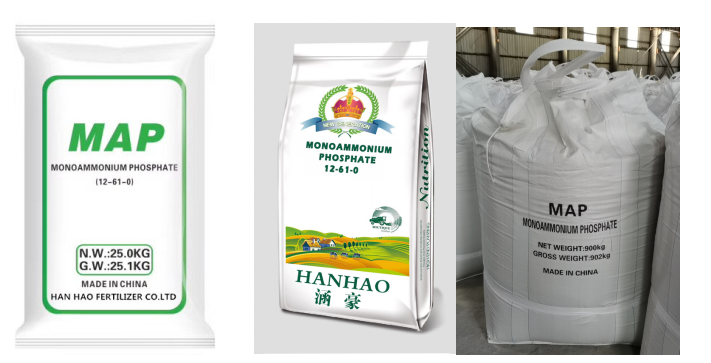
Tem . 31, 2024 22:37 Back to list
Sustainable Solutions for Organic Micronutrient Fertilizer Production in Modern Agriculture
The Rise of Organic Micronutrient Fertilizer Manufacturers Towards Sustainable Agriculture
In recent years, the agriculture sector has experienced significant changes driven by the increasing demand for sustainable practices and environmentally friendly products. Among the various innovations in this field, organic micronutrient fertilizers have emerged as a vital component of sustainable agriculture. These fertilizers, rich in essential trace elements, not only support plant growth but also contribute to soil health and biodiversity. This article delves into the role of organic micronutrient fertilizer manufacturers in promoting sustainable farming practices.
Organic micronutrient fertilizers are derived from natural sources, including plant and animal by-products. They contain essential nutrients such as iron, zinc, copper, manganese, and boron, which are crucial for various physiological functions in plants. Unlike synthetic fertilizers, which can lead to soil degradation and water pollution, organic micronutrients enhance soil structure and increase microbial activity. By nourishing the soil ecosystem, they help maintain a balanced nutrient profile, thereby contributing to sustainable crop production.
The rise of organic micronutrient fertilizer manufacturers is closely linked to the growing awareness of the environmental impacts of conventional farming practices. Farmers and consumers alike are becoming more informed about the benefits of organic farming, leading to a shift in market demand. According to recent reports, the organic fertilizer market is projected to grow substantially in the coming years, with micronutrient fertilizers accounting for a significant share of this expansion. This trend presents a lucrative opportunity for manufacturers to innovate and provide eco-friendly solutions tailored to modern agricultural needs.
One of the key advantages of organic micronutrient fertilizers is their ability to enhance plant health and yield. Micronutrients play crucial roles in photosynthesis, enzyme activity, and overall plant metabolism. When crops receive adequate micronutrients, they are better equipped to resist pests and diseases, leading to higher quality produce. This has prompted many farmers to shift towards organic fertilization, seeking not only to improve their yields but also to cater to the growing consumer preference for organic products.
organic micronutrient fertilizer manufacturers

Manufacturers of organic micronutrient fertilizers are also investing in research and development to optimize their products. Advances in technology have enabled the creation of specialized formulations that address specific deficiencies in soil and crops. For instance, some manufacturers develop tailored micronutrient blends to meet the unique requirements of certain crops or soil types, maximizing their effectiveness. This level of customization is essential for farmers seeking to achieve sustainable and productive agricultural practices.
Moreover, the regulatory landscape is becoming increasingly supportive of organic farming. Governments around the world are implementing policies to promote sustainable agriculture, including incentives for using organic fertilizers. As a result, organic micronutrient fertilizer manufacturers are finding themselves in a favorable position, with increased opportunities for collaboration with research institutions, agronomists, and farming organizations. These partnerships are crucial for developing best practices and educating farmers on the benefits of using organic micronutrients.
Lastly, the shift towards organic fertilizers aligns with global efforts to combat climate change. Sustainable agriculture practices contribute to carbon sequestration, reducing greenhouse gas emissions associated with traditional farming methods. By supporting organic farming through the production of micronutrient fertilizers, manufacturers play a vital role in promoting environmental stewardship and fostering sustainability in agriculture.
In conclusion, organic micronutrient fertilizer manufacturers are at the forefront of a significant transformation in the agricultural sector. By offering sustainable solutions that promote soil health and enhance plant growth, they are supporting farmers in their quest for more environmentally friendly practices. As the demand for organic products continues to rise, the role of these manufacturers will be critical in fostering a more sustainable and resilient agricultural landscape for future generations. Through innovation and collaboration, they hold the key to unlocking the full potential of sustainable agriculture.
-
10-10-10 Organic Fertilizer - Balanced NPK Formula
NewsAug.02,2025
-
Premium Organic Manure Compost for Eco Gardens
NewsAug.01,2025
-
Organic 10-10-10 Fertilizer | Balanced Plant Nutrients
NewsJul.31,2025
-
Premium Amino Acid Fertilizer | Rapid Plant Growth Booster
NewsJul.31,2025
-
10 10 10 Fertilizer Organic—Balanced NPK for All Plants
NewsJul.30,2025
-
Premium 10 10 10 Fertilizer Organic for Balanced Plant Growth
NewsJul.29,2025
